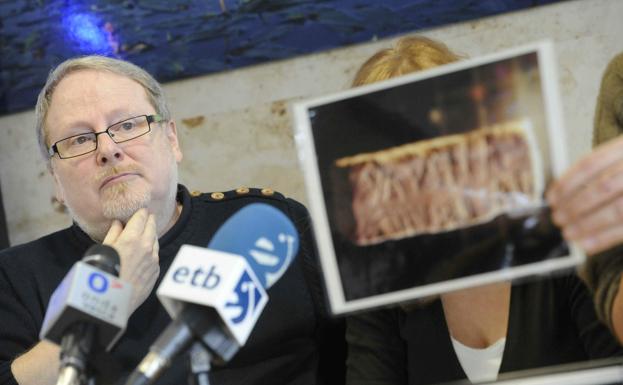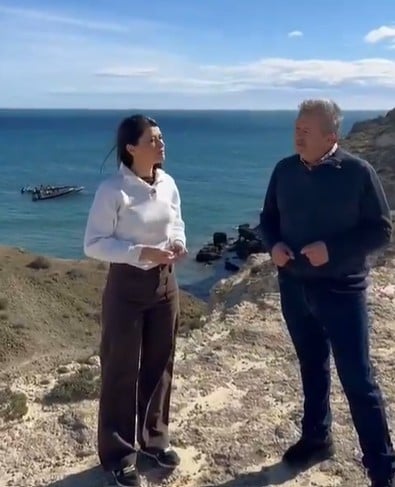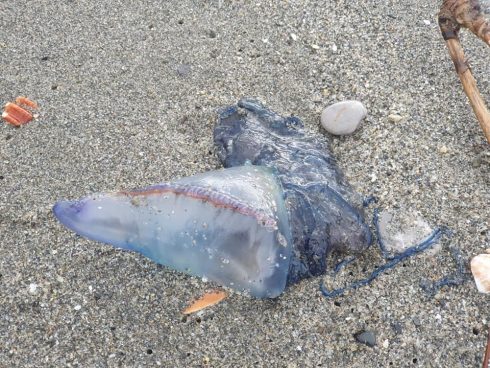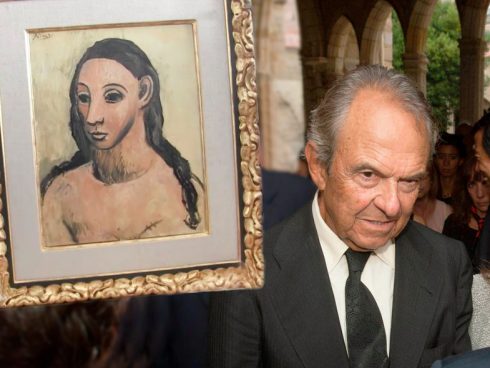ARCHAEOLOGIST Eliseo Gil has been told he faces a lengthy prison sentence and anonymity from the archaeological community after being accused of falsifying artefacts that had the potential to ‘rewrite the history books.’
The professor, along with his geologist partner, Oscar Escribano, are being tried for fraud and damaging heritage after they doctored findings from an important excavation at the old Roman settlement of Veleia, northern Spain.
READ MORE:
Gil became a ‘celebrity’ in the Basque country after he supposedly discovered a link between early Christianity, Ancient Egyptian and Northern Spanish cultures.
The discoveries were made back in 2006, when the archaeology world was stunned to be presented with artefacts from the third century AD with early images depicting the crucifixion as well as early Basque language.
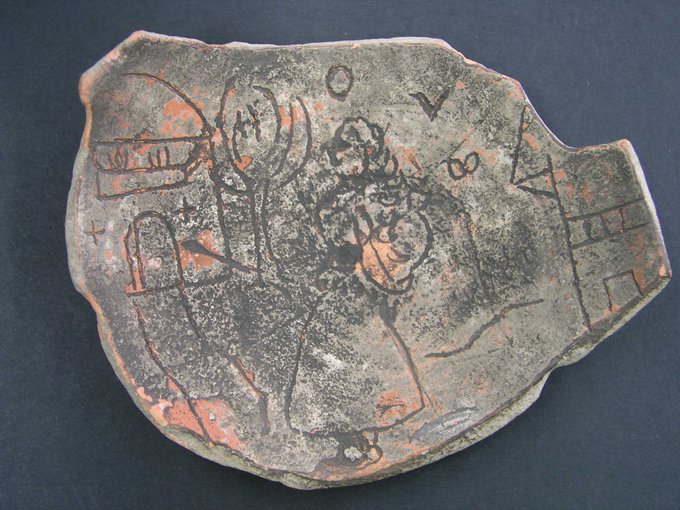
Some items such as shards of clay, bone, glass and brick were inscribed with the name Egyptian queen Nefertiti and others showed hieroglyphics, the first of its kind in a supposed Roman settlement.
However Gil soon became under suspicion after he presented his findings to language expert Joaquin Gorrochategui, who soon began to spot inconsistencies.
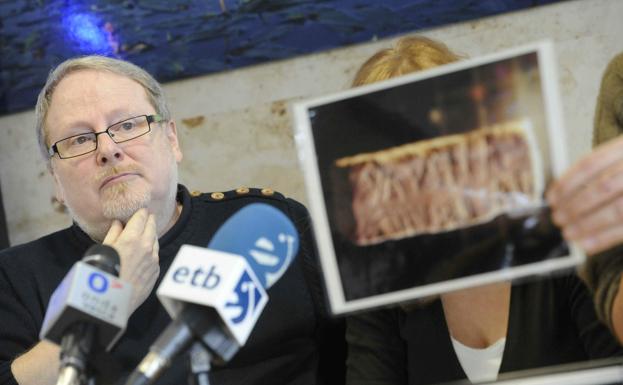
He noticed that the Latin used on the inscriptions was ‘vulgar’ and contained numerous errors.
“I could not believe my eyes as the slides were projected onto the screen,” the professor says.
Gorrochategui enlisted the help of other experts who set up a council with the provincial government of Alava who quickly discovered that Gil was the perpetrator of an elaborate hoax.
Gil was soon removed of his concession to continue to work at the site, and now faces up to five and a half years in prison if it is proved that his findings were doctored.
Click here to read more Crime & Law News from The Olive Press.

